The US House of Representatives passed a bill this week that could lead to a nationwide ban on TikTok. While the Chinese-owned app won’t be disappearing from Americans’ phones anytime soon, many of its 170 million users are worried.
However, according to CNN , Americans can learn from the world's most populous country - India - about life without TikTok.
In June 2020, the New Delhi government suddenly issued a ban on TikTok and several other popular Chinese applications.
The government's abrupt decision shocked India's 200 million TikTok users. But four years on, many have forgotten about the social media platform.
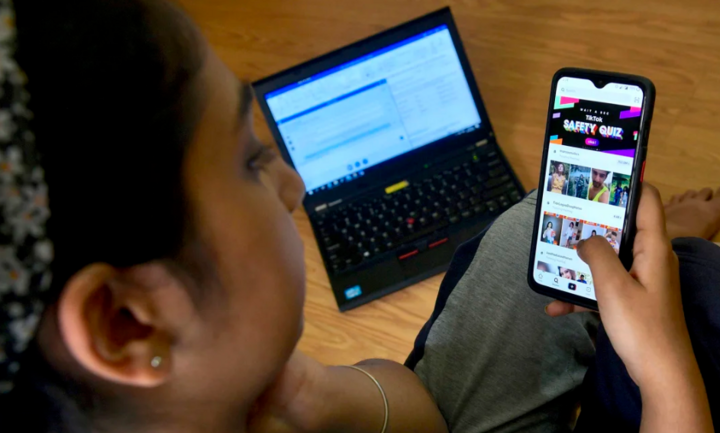
Indian content creators have learned to survive and thrive without TikTok. (Photo: Getty Images)
Life without TikTok
In 2020, TikTok was a popular app among Indians looking for relief from the pressures of strict lockdowns related to the COVID-19 pandemic.
“Everyone in India wants to be a Bollywood star and TikTok has made that dream come true by making it possible for anyone, even people from small towns, to become stars overnight,” said Saptarshi Ray, chief product officer at Viralo, a Bengaluru-based celebrity marketing platform.
India’s TikTok ban affected quite a few people at the time. Many TikTokers admitted that they felt confused and upset by the decision. However, it didn’t take long for them to come up with alternatives.
A fierce battle has broken out between US tech giants and homegrown startups to fill the void. Within a week of the ban, Instagram seized the opportunity to launch its TikTok clone, Instagram Reels, in India. Google has also introduced a short-form video service called YouTube Shorts.
"The TikTok ban has created a multi-billion dollar business opportunity as TikTok's 200 million users need another platform to migrate to," said Nikhil Pahwa, founder of tech website MediaNama.
Homegrown Indian apps like MX Taka Tak and Moj also started gaining traction with increasing popularity. However, these local startups quickly faded away as they could not compete with the reach and financial might of American companies.
A Google spokesperson said the “YouTube creator ecosystem” contributed about $2 billion to the Indian economy in 2022.
According to Saptarshi Ray, Indian creators have been quick to move all their old content they shot for TikTok to Instagram Reels and YouTube Shorts. “Some celebrities upload seven Reels a day and have amassed 4-5 million followers in a year,” he said.
Does Quitting TikTok Really Improve Cybersecurity?
US officials and lawmakers have long expressed concerns that the Chinese government could force TikTok's parent company, ByteDance, to hand over data collected from US users.
China and TikTok have repeatedly denied these reports.
Cybersecurity experts say national security concerns around TikTok remain largely hypothetical, while Indian experts say removing TikTok will not create a safer cyberspace.
“I’m not sure if removing TikTok will mitigate the cybersecurity threat. Unless users are self-aware about the software on their phones or what they download from the internet, it’s still difficult to ensure safety,” said Vivan Sharan, partner at Koan Advisory Group, a Delhi-based technology policy consultancy.
On the issue of fake news, Sharan said: "In terms of content and the misinformation environment, it is clear that we still have to grapple with serious issues like deepfakes (fake videos)... with or without TikTok. Assuming TikTok really has a problem, fake news can still spread through other platforms."
Source



![[Photo] National Assembly Chairman Tran Thanh Man attends the Policy Forum on Science, Technology, Innovation and Digital Transformation](https://vstatic.vietnam.vn/vietnam/resource/IMAGE/2025/4/13/c0aec4d2b3ee45adb4c2a769796be1fd)
![[Photo] National Assembly Chairman Tran Thanh Man attends the ceremony to celebrate the 1015th anniversary of King Ly Thai To's coronation](https://vstatic.vietnam.vn/vietnam/resource/IMAGE/2025/4/13/6d642c7b8ab34ccc8c769a9ebc02346b)
![[Photo] Prime Minister Pham Minh Chinh chairs the Government's special meeting on law-making in April](https://vstatic.vietnam.vn/vietnam/resource/IMAGE/2025/4/13/8b2071d47adc4c22ac3a9534d12ddc17)



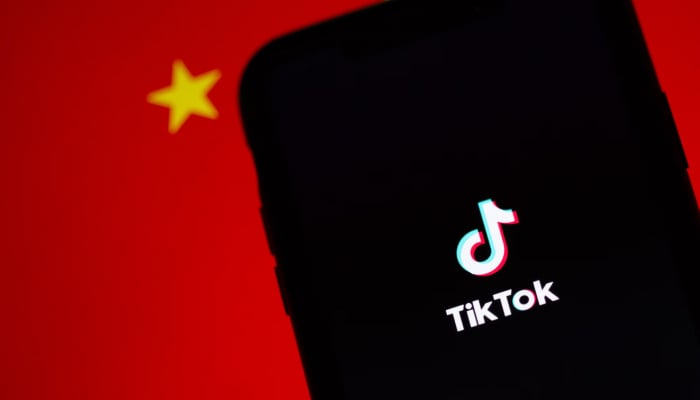

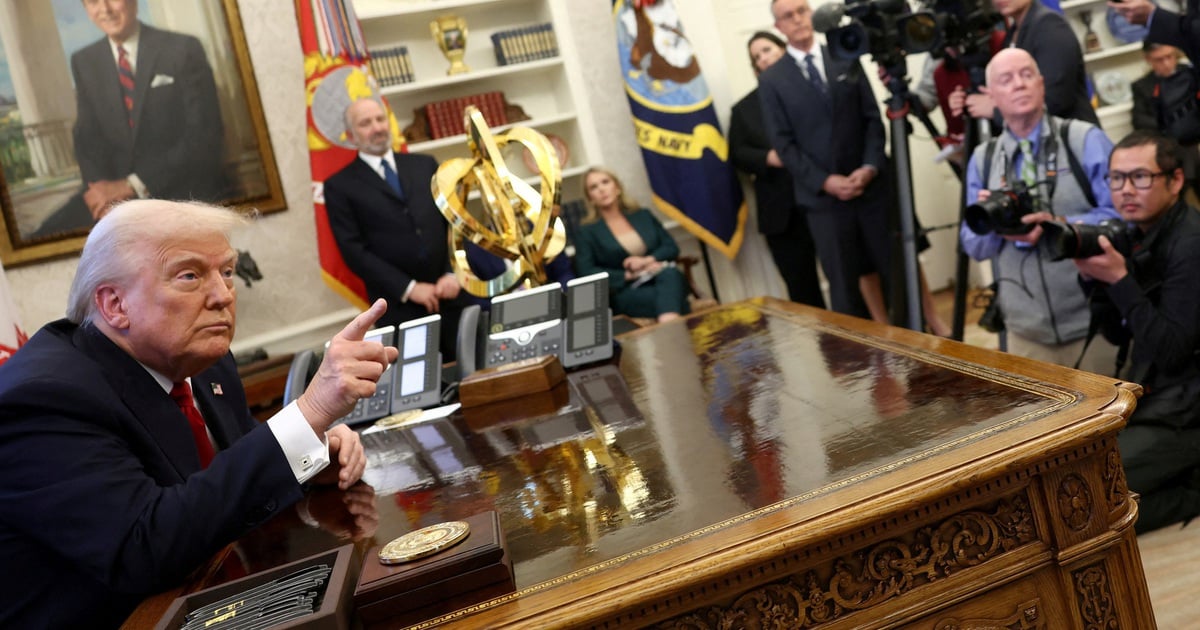

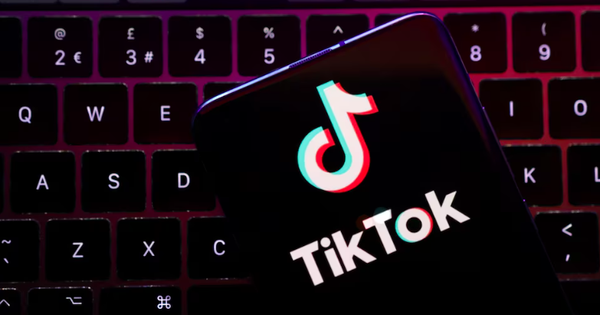













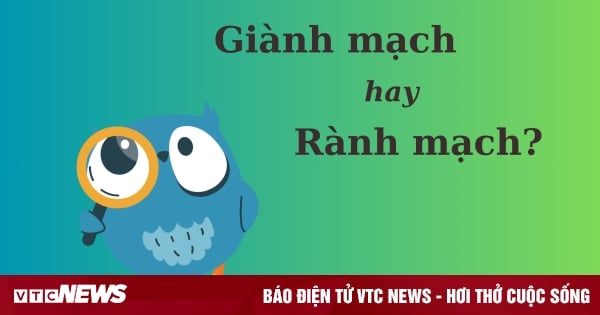
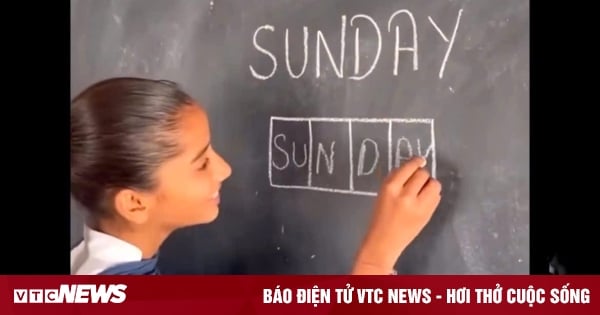





















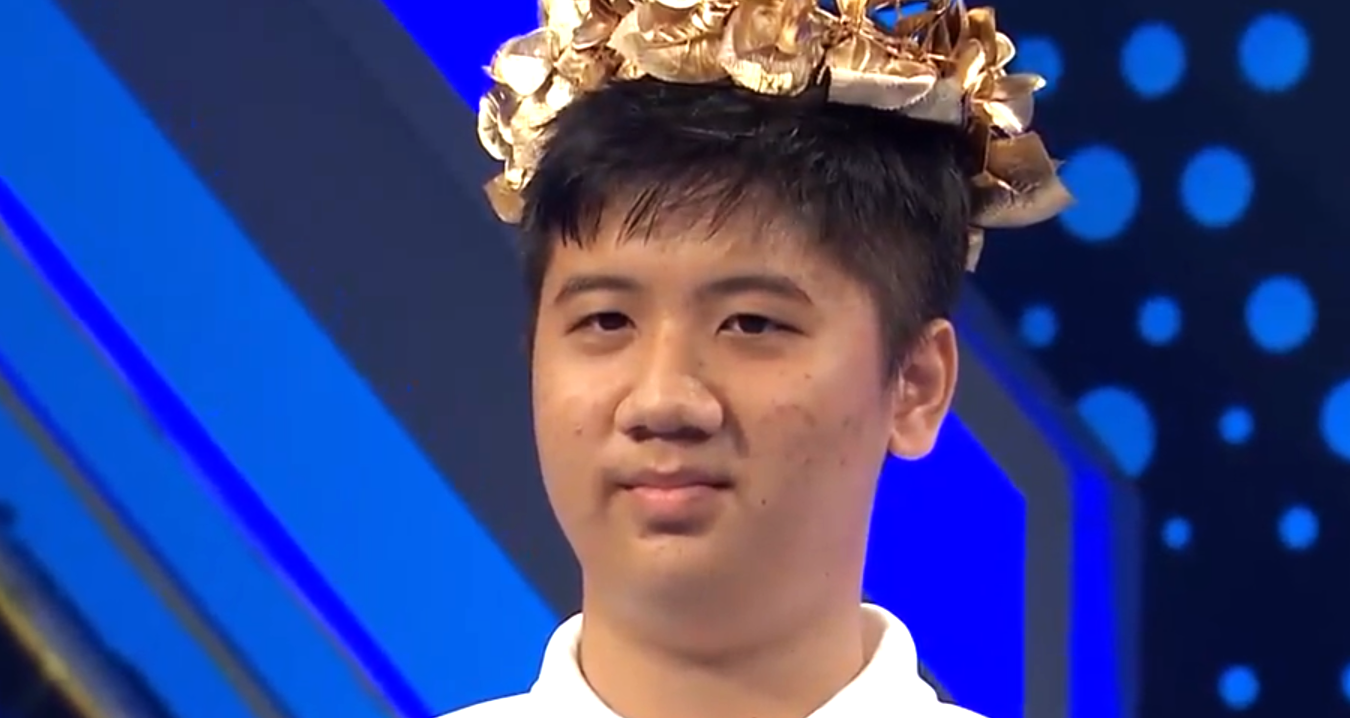











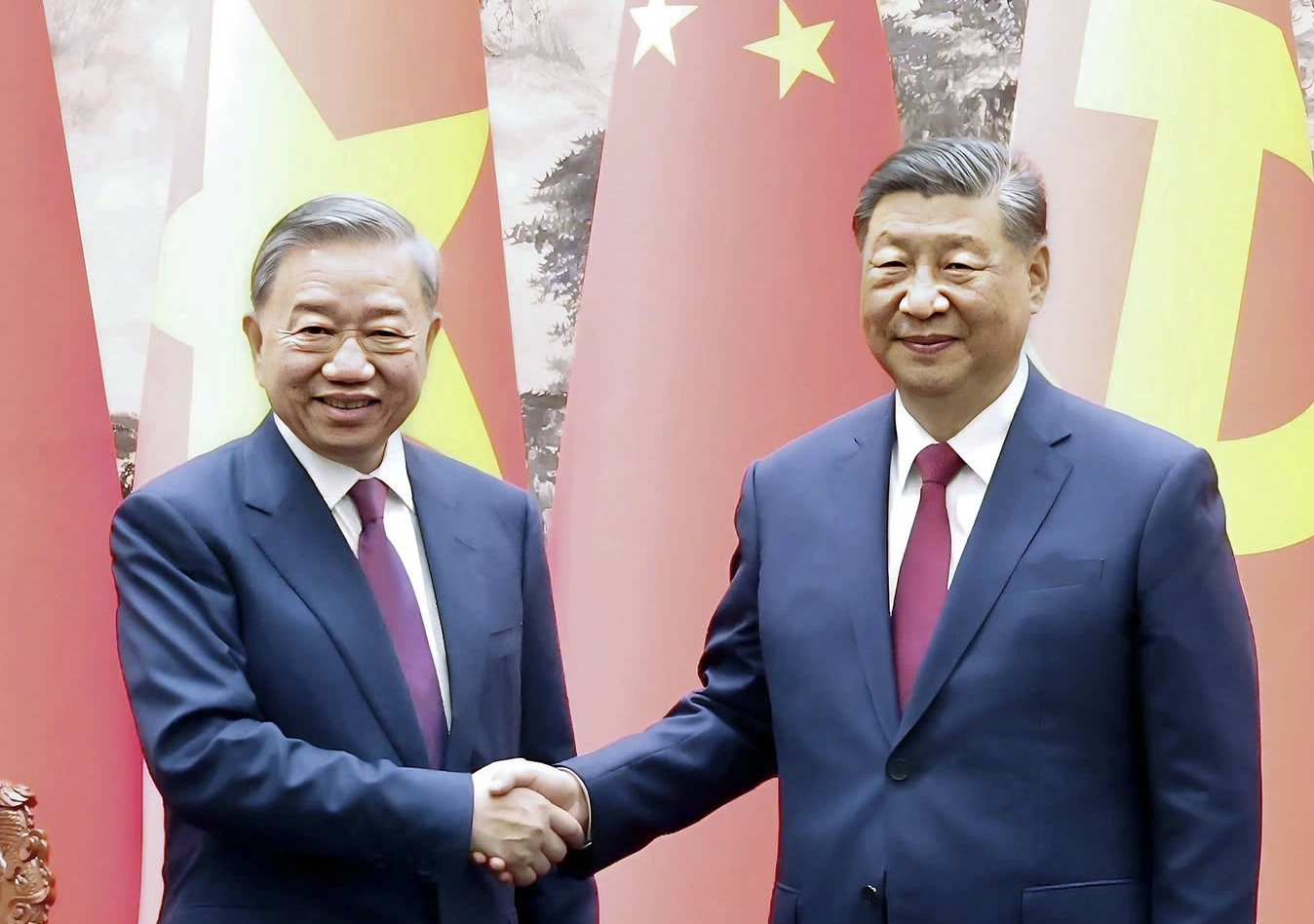



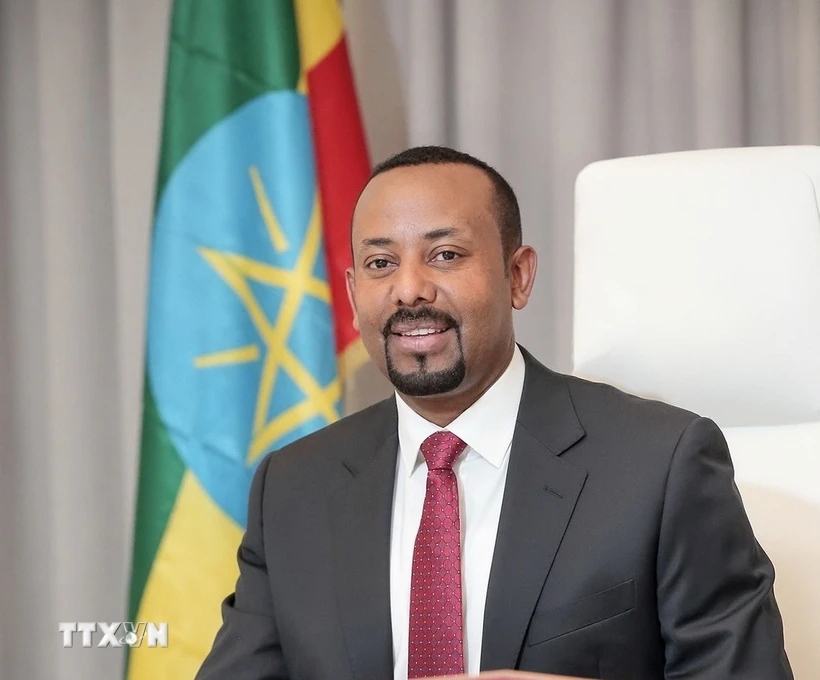

















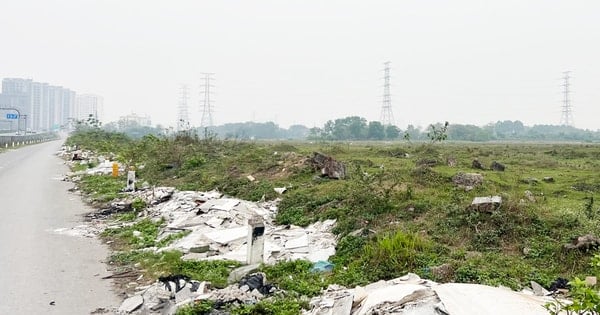













Comment (0)